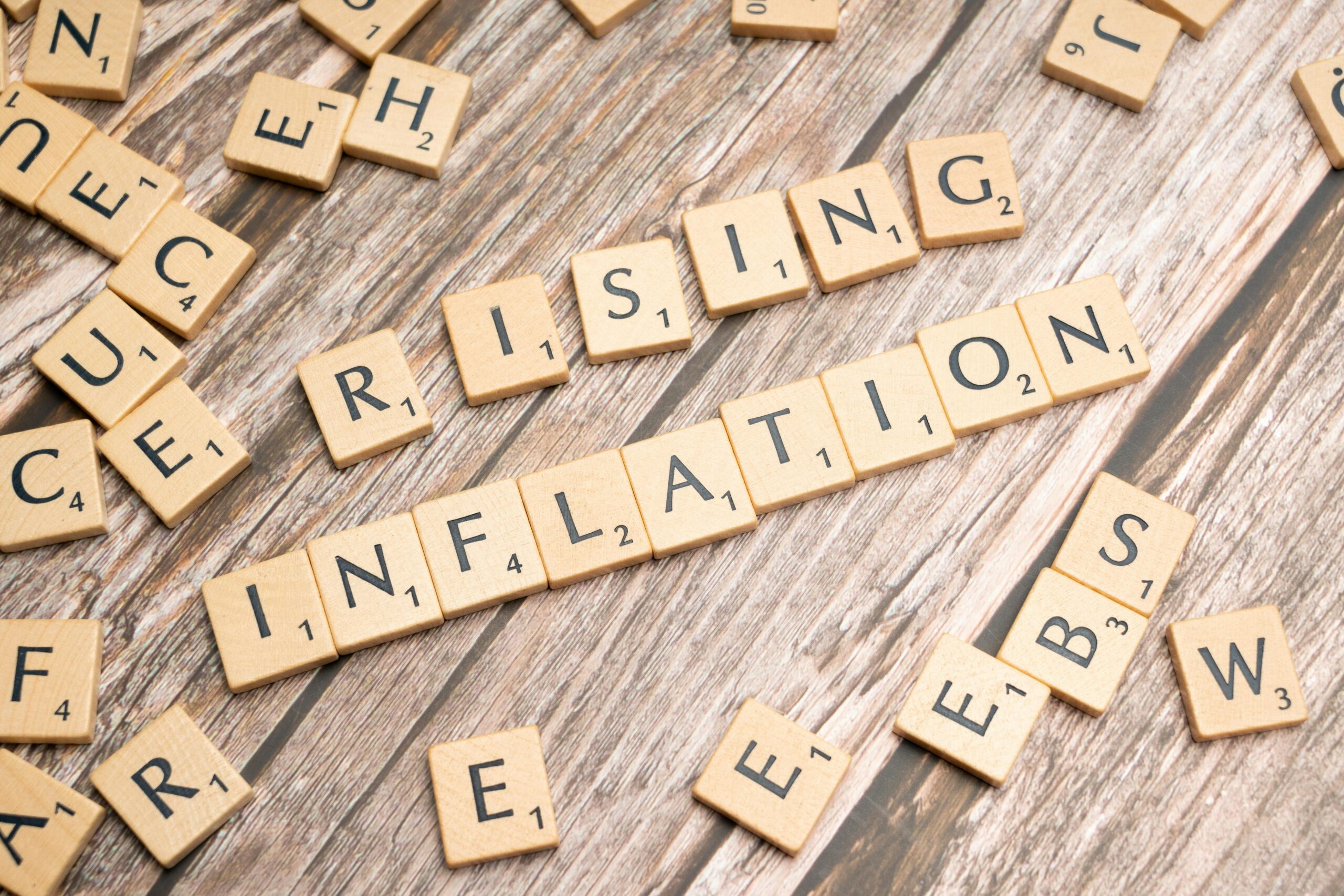
As a residential property manager at PropertySage, I interpret the following key points from the article: Tony Alexander: Expect house prices to rise 10% in 2024, and 15% in 2025.
- Post-election surveys of property investors indicate no significant change in their intentions to buy properties. However, there’s been a decrease in concerns about the 2021 tax changes and tenant rules, likely due to expectations of these changing.
- FOMO (Fear of Missing Out) amongst buyers has slightly decreased from 40% in late September to 33%. This suggests that the market is not spiraling out of control, and people don’t feel as rushed to make purchasing decisions.
- There is a high awareness of rising prices, with 35% of agents reporting increasing prices in their areas. However, only 9% of agents reported potential buyers’ concern about prices falling after purchase. This shows that people are generally accepting the reality of rising prices.
- Concerns about a shortage of listings have eased slightly. This could be due to expectations that some investors will soon sell their properties when the bright-line test reverts from ten years to two years.
- The proportion of real estate agents seeing more investors in the market has risen from 14% last month to 27%. This indicates that investors are becoming increasingly active.
- The window for first home buyers to choose from a large number of properties and face little competition is closing. This is due to rising interest rates and banks’ current disfavor of investors.
- The number of consents for new dwellings in September was down 37% from last year. This decline in new housing supply amid strong population growth can only push prices higher unless interest rates rise significantly again.
- The effectiveness of monetary policy in restraining the economy is somewhat easing, not strengthening. Rising population and falling construction meeting falling mortgage rates from probably late next year could lead to a significant increase in housing prices.
Based on these observations, I would advise investors to be mindful of the changing market dynamics. The anticipation of changing tax rules and tenant regulations, increasing property prices, and an active investor market may provide investment opportunities. However, they should also consider the potential challenges, such as the decreasing availability of properties and possibly higher interest rates. It’s crucial for investors to stay informed and adapt their strategies accordingly to navigate the evolving property market effectively.
Source from Oneroof: by Tony Alexander.
Additional commentary from him can be found at https://www.oneroof.co.nz/news/tony-alexander-expect-house-prices-to-rise-10-in-2024-and-15-in-2025-44546?lid=44t4v7bmzeou&utm_source=braze_campaign&utm_medium=email&utm_campaign=20231102_OR_Newsletter_Generic_Listings_MIN&uuid=22c8b01c-6820-4210-bd4c-003f640666d9
The opinions and research contained in this article are provided for information purposes only, are intended to be general in nature, and do not take into account your financial situation or goals.




